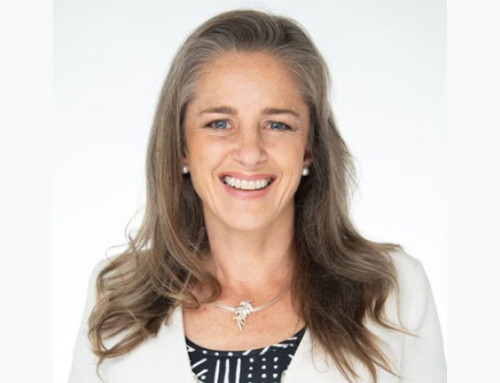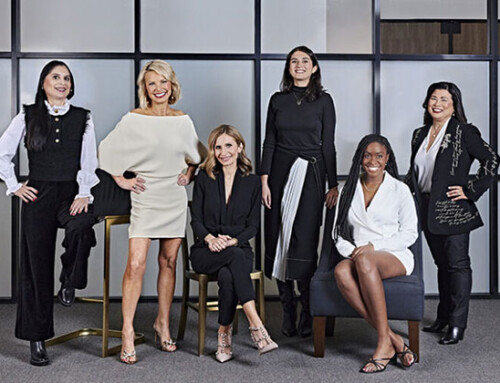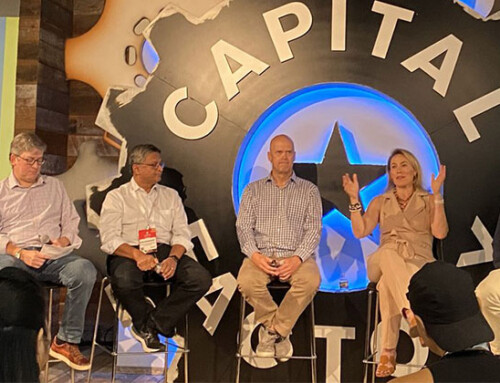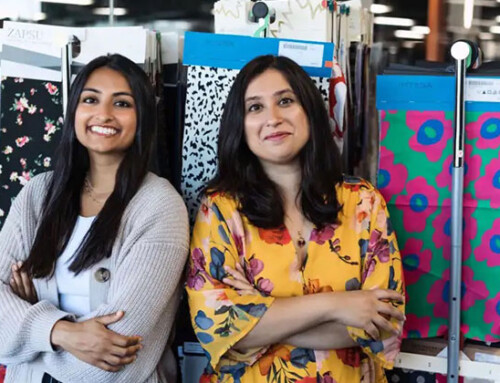“If it ain’t broke, don’t fix it,” so the saying goes. Venture capitalists may think it ain’t broke but they’re missing a source of innovation that can drive greater returns, so they’re wrong, it is broken.
Women deliver higher returns, according to a study by First Round Capital, a seed-stage venture firm focused on tech companies. Companies with a female founder performed 63% better than those with all-male founding teams. Yet companies with women CEOs received only 5% of venture dollars in 2016, according to PitchBook. And that number hasn’t changed in 10 years.
Women-led companies fared a little better: an increase from 4% of dollars to 11%. “It’s a blind spot in the economy and an opportunity for investors,” said Sara Brand, founding general partner at True Wealth Ventures, an early-stage venture capital fund investing in women-led businesses in the fields of consumer health and environmentally sustainable products and technologies. Brand believes that because women make the vast majority of consumer and healthcare purchases, having them on the management team designing, marketing and servicing products is extremely beneficial.
It turns our that one reason for the low percentage of dollars going to companies with women CEO’s and executives is that there are so few women VCs. VC firms with female partners are more than twice as likely to invest in companies with a woman on the management team (34% of VC firms with a woman partner versus 13% of VC firms without a woman partner), according to Diana Report Women Entrepreneurs 2014: Bridging the Gender Gap in Venture Capital. The research was conducted by Babson. With women making up just 11% of investment decision-makers, according to the NVCA-Deloitte Human Capital Survey Report, no surprise that women entrepreneurs aren’t getting funding.
So women are striking out on their on and starting their own venture firms. However, the system is rigged against them. Pension and institutional Emerging Managers Programs focus on fund managers — mostly men — who leave the big firms with their $100 million plus portfolios and track records, according to Brand. It doesn’t matter that fund general partners have individual track records, if they haven’t managed a fund together, their records don’t count. Women often have those individual records but are just starting together.
Interestingly, the top 10 VCs generate 90% of the industry’s performance, according to Cambridge Associates. The venture firms that focus on investments outside traditional sectors and geography (Silicon Valley, NYC and Boston) and are smaller (funds less than $500 million) are delivering greater returns. The greater diversity of investments and their focus on early- and seed-stage companies of new and emerging fund managers are delivering greater performance.
What’s a girl gotta do to get capital for her fund?
- Go small. In the last three years, women founded 16 micro-venture funds of less than $50 million, 21% of all the new firms in that category, according to Crunchbase.
- Seek limited partners (LPs) who are wealthy women, said Brand. LPs are the investors in a venture capital fund. Typically, they are institutional investors, such as a pension fund, insurance company, a university endowment but can also be high net worth individual and family offices. A majority of Brand’s True Wealth investors are women.
True Wealth’s attraction isn’t just it’s gender focus. “We will deliver a top-tier ROI,” said Brand. She and her partner, Kerry Rupp, are lowering the risk of investments by finding companies that have bootstrapped themselves longer and have traction in the marketplace. These companies are likely to be an acquisition target in 3 to 5 years with a valuation of $100 million plus.
Their investments not only return a high ROI but with an environmental and health focus to the investments, they make a social impact. This focus is very attractive to women and millennials. Ownership and interest in impact-investments among high net worth men is 41% and for their women counterparts, it’s 52%, according to 2017 Insight on Wealth and Worth, research by U.S. Trust. Interest in impact investment is likely to strengthen. Millennials ownership and interest in impact investments is 80% while Gen X is 54%, Boomers 39% and the Silent Generation only 34%.
I would be remiss if I didn’t mention the impact of the constant stream of media headlines about sexual harassment not just in venture capital but in all industries. Power and money can lead to harassment, assault and lack of financing for women entrepreneurs. This may be why so many high net worth women are becoming LPs in True Wealth. “Women are opening their Rolodexes to other wealthy women,” said Brand. It’s having a snowball effect. But let’s not forget men. “Men are investing, too, especially those who have a daughter.”
But it will take more than wealthy individuals to fund venture capital funds with women general partners. To really make a dent, these women-led venture funds need to be funded by institutions.
How are you helping women entrepreneurs get the funding they deserve?
See original article here.






